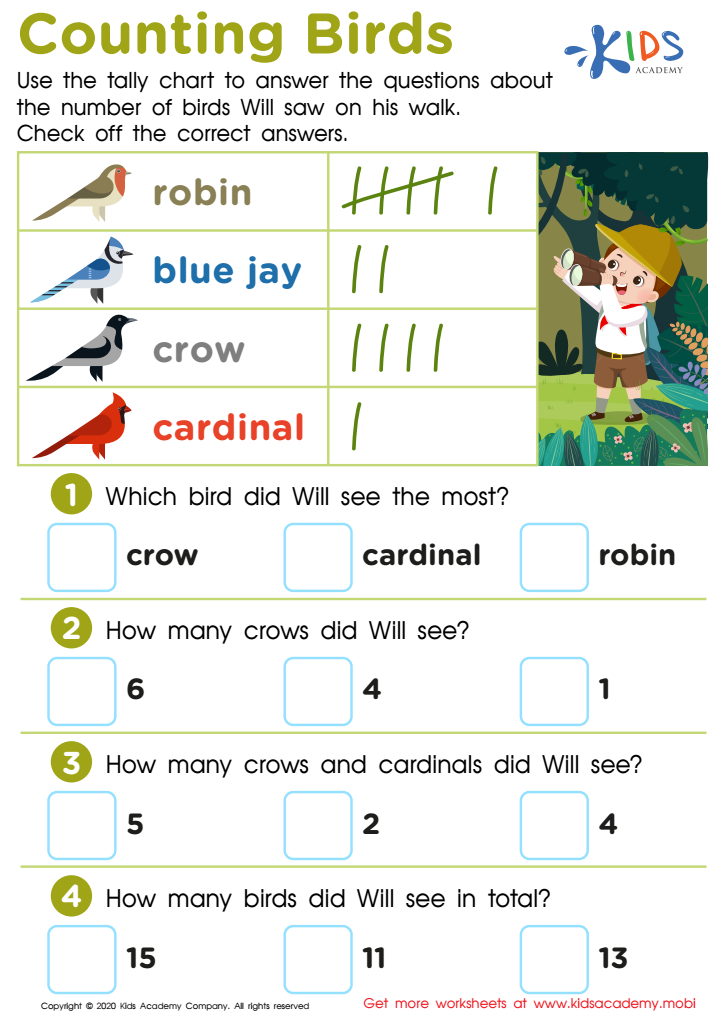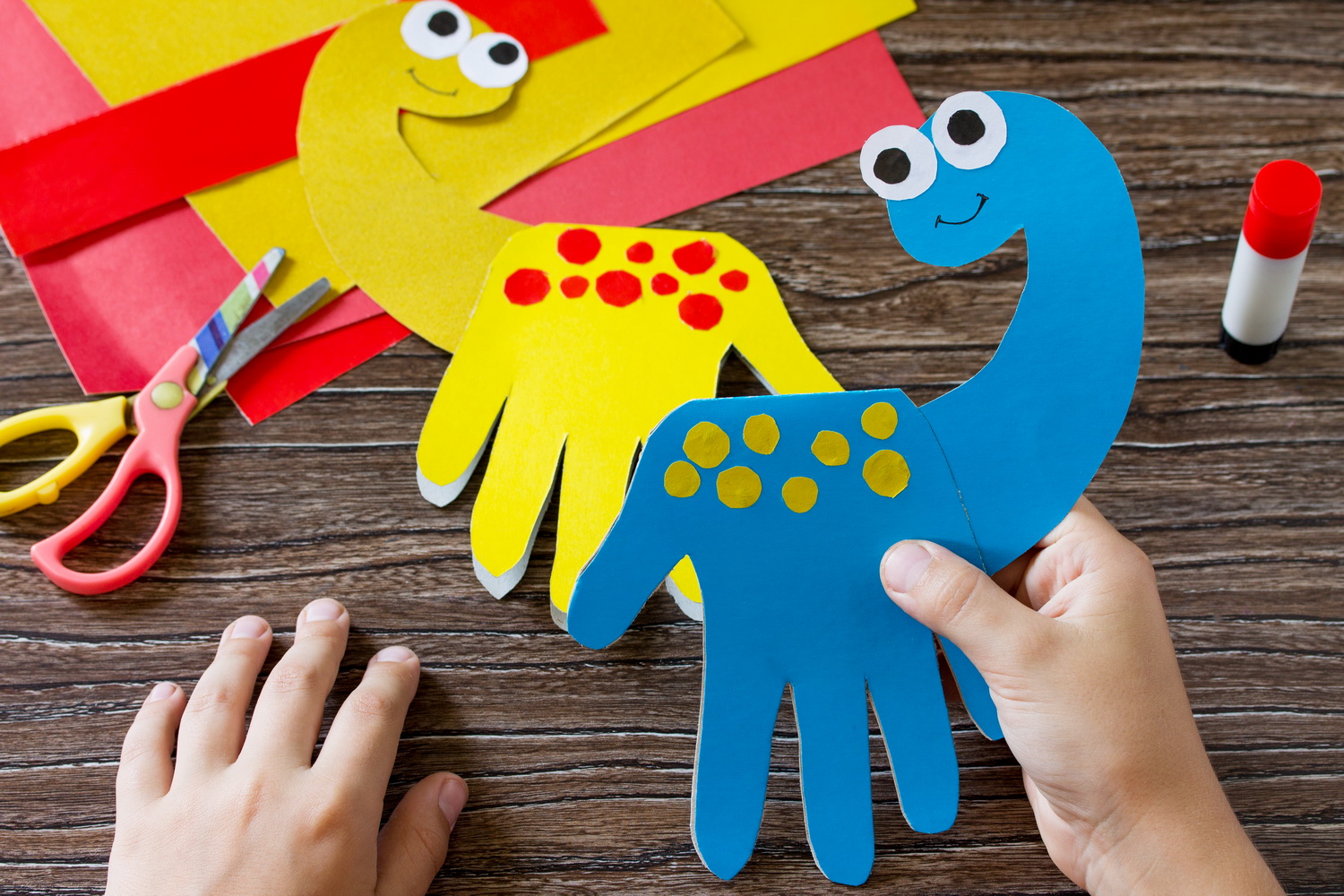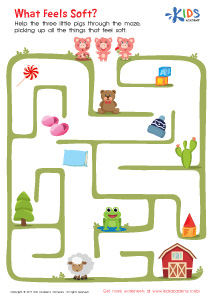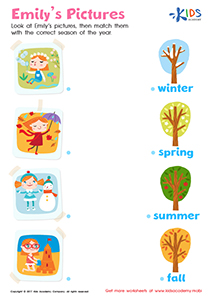Fine Motor Skills Extra Challenge Science Worksheets for Ages 5-8
3 filtered results
-
From - To
Discover an engaging way to boost your child's fine motor skills with our Fine Motor Skills Extra Challenge Science Worksheets for ages 5-8! Perfectly designed to combine learning and fun, these worksheets feature intricate activities that help enhance hand-eye coordination and precision. From drawing lines and shapes to connecting dots and intricate cutting exercises, each task aims to improve dexterity and concentration. Ideal for young children eager to learn, these science-themed printables seamlessly integrate motor skill challenges with educational concepts. Foster your child's development and watch their skills soar with these expertly crafted worksheets. Download now for a hands-on learning adventure!


Robot Printable


Counting Birds Worksheet


Alien Worksheet
Fine Motor Skills Extra Challenge Science activities are critically important for children aged 5-8 as they contribute significantly to their overall development. At this age, children are refining their motor abilities, which are essential for performing everyday tasks such as writing, cutting, buttoning, and tying shoelaces. Fine motor skills involve the coordination of small muscles in the hands and fingers, and strengthening these muscles through science-related tasks can have a profound positive impact on a child's school readiness and academic success.
Engaging in Fine Motor Skills Extra Challenge Science activities provides a dual benefit. First, these tasks improve dexterity and hand-eye coordination in an enjoyable and meaningful way, making learning more captivating. Activities such as using tweezers to pick up small objects, drawing detailed diagrams, or manipulating building blocks require precision and focus, skills that can transfer to better handwriting and intricacy in everyday tasks.
Second, incorporating scientific concepts fosters critical thinking and boosts children's curiosity about the world around them. Science activities typically require children to follow multi-step processes, enhancing their problem-solving abilities and persistence. This combination of physical skill development and scientific inquiry cultivates a well-rounded foundation for future learning, ensuring children are equipped with both the motor skills and intellectual curiosity essential for their developmental stage. Thus, the incorporation of Fine Motor Skills Extra Challenge Science is a cornerstone in fostering both cognitive and physical growth, making it a foundational aspect of early childhood education.
 Assign to My Students
Assign to My Students




.jpg)









